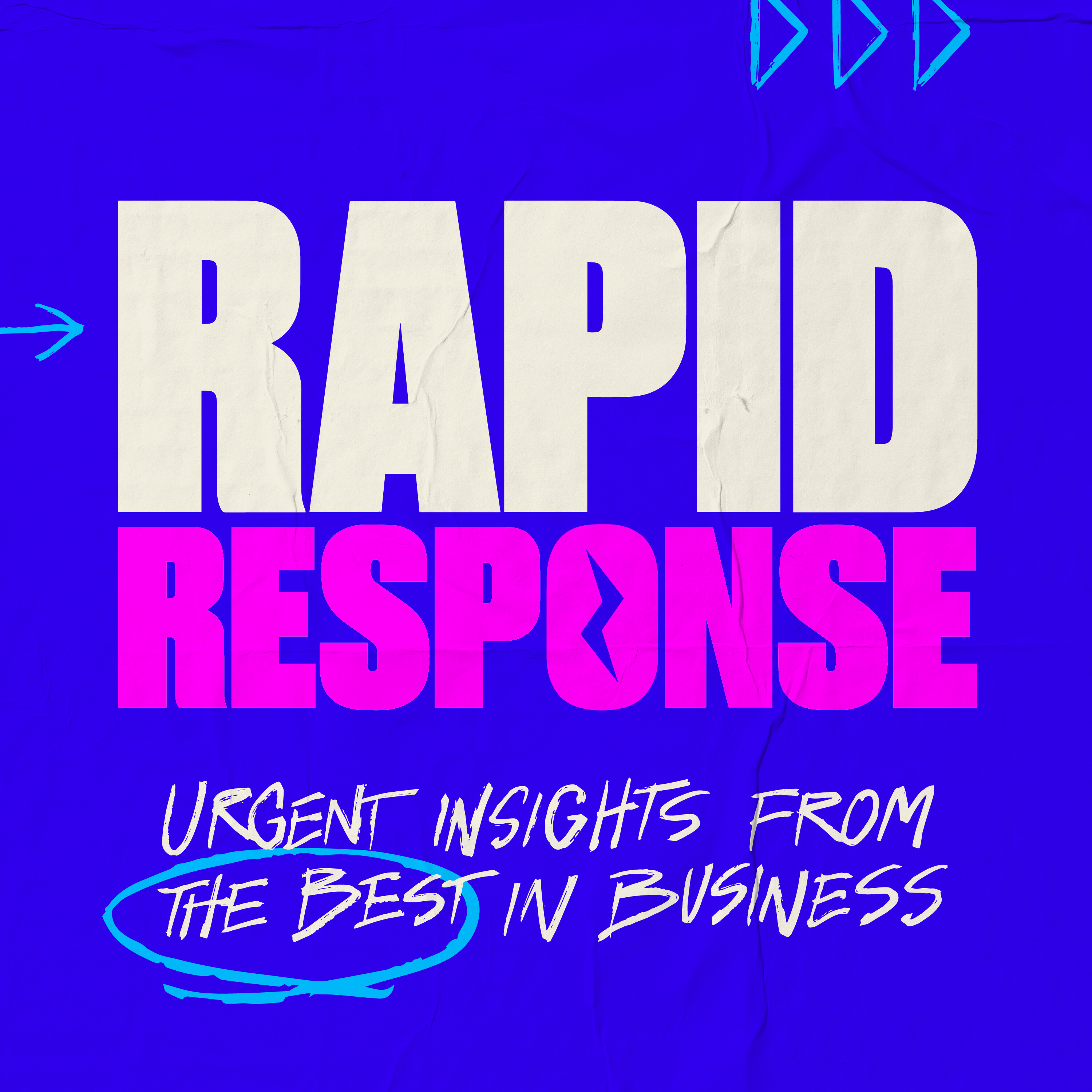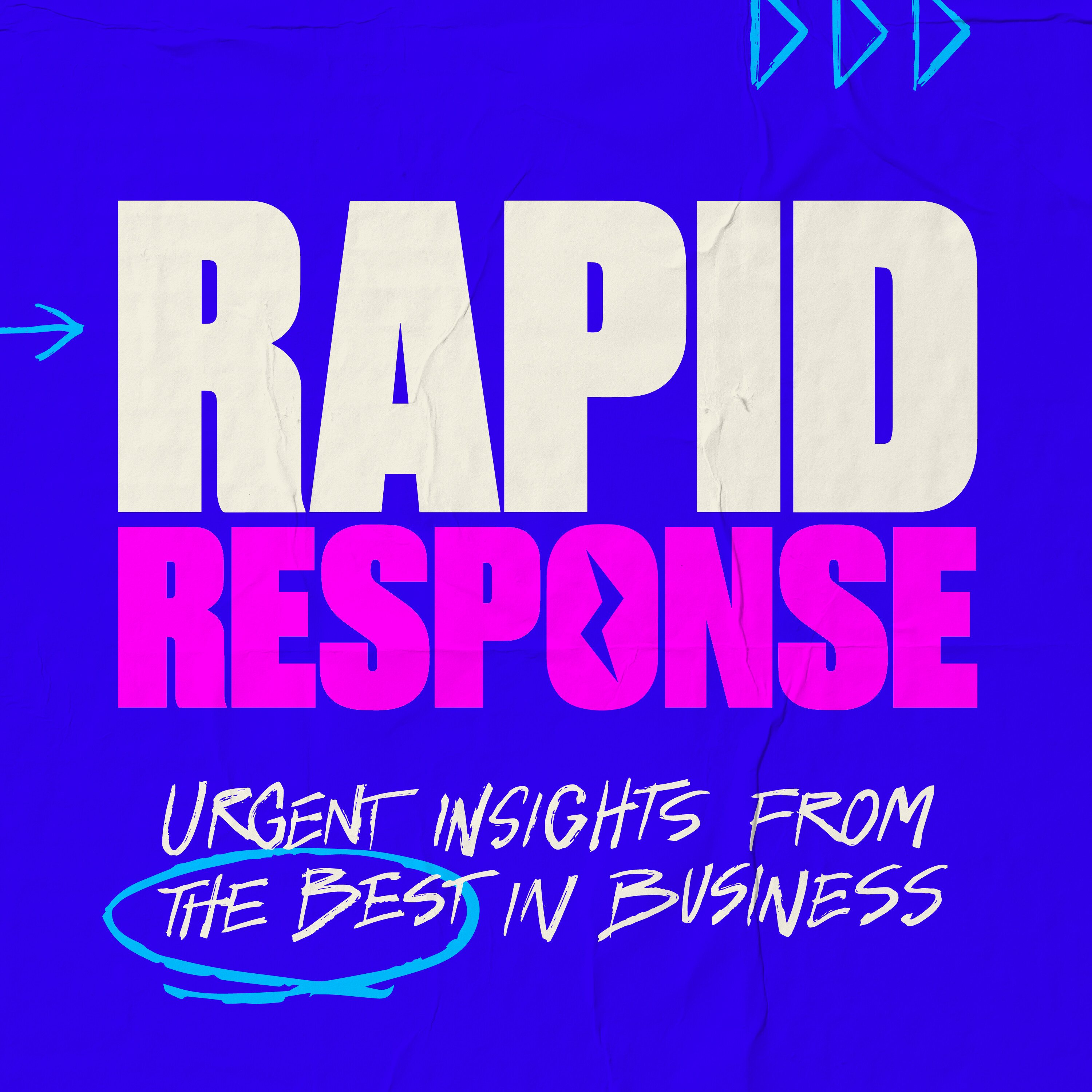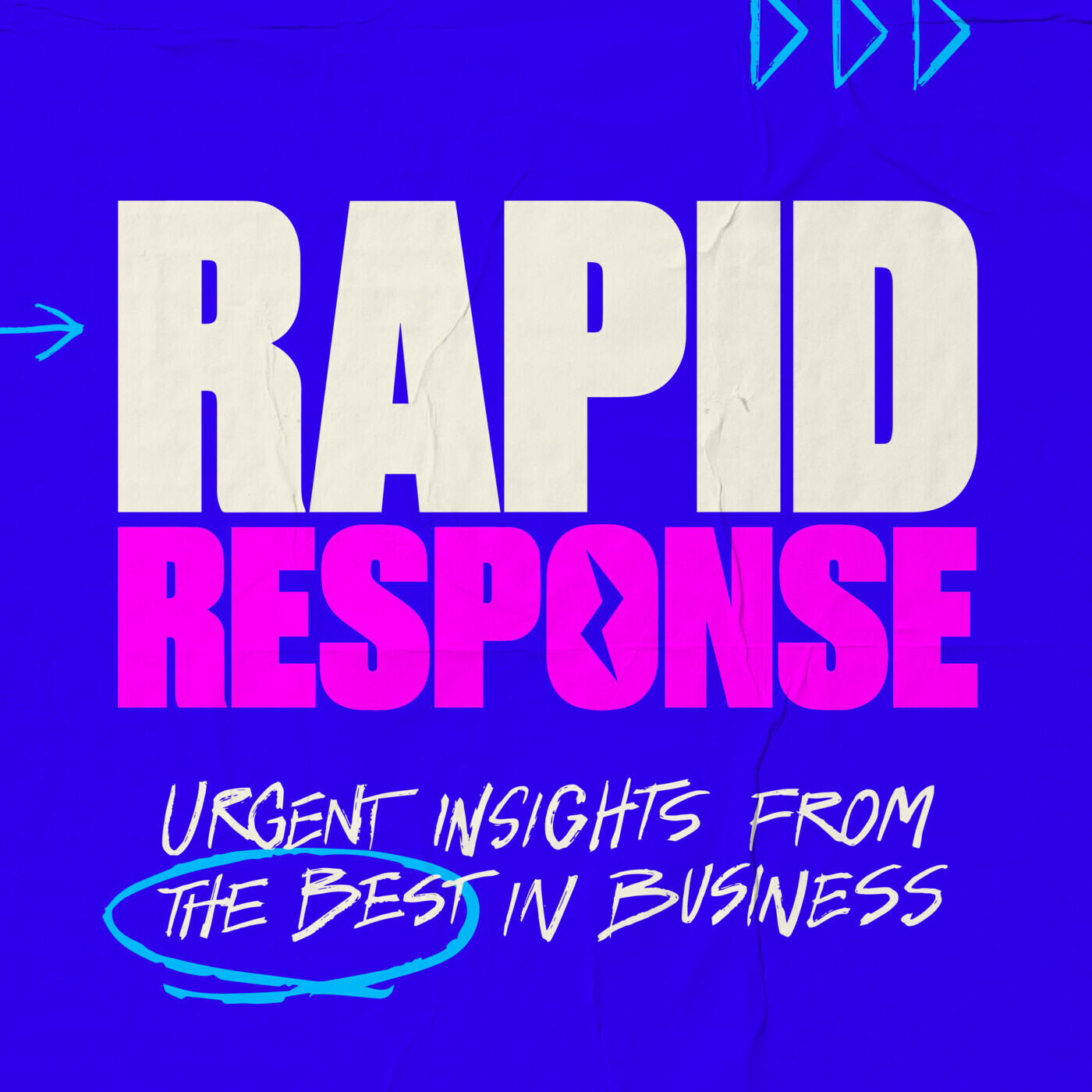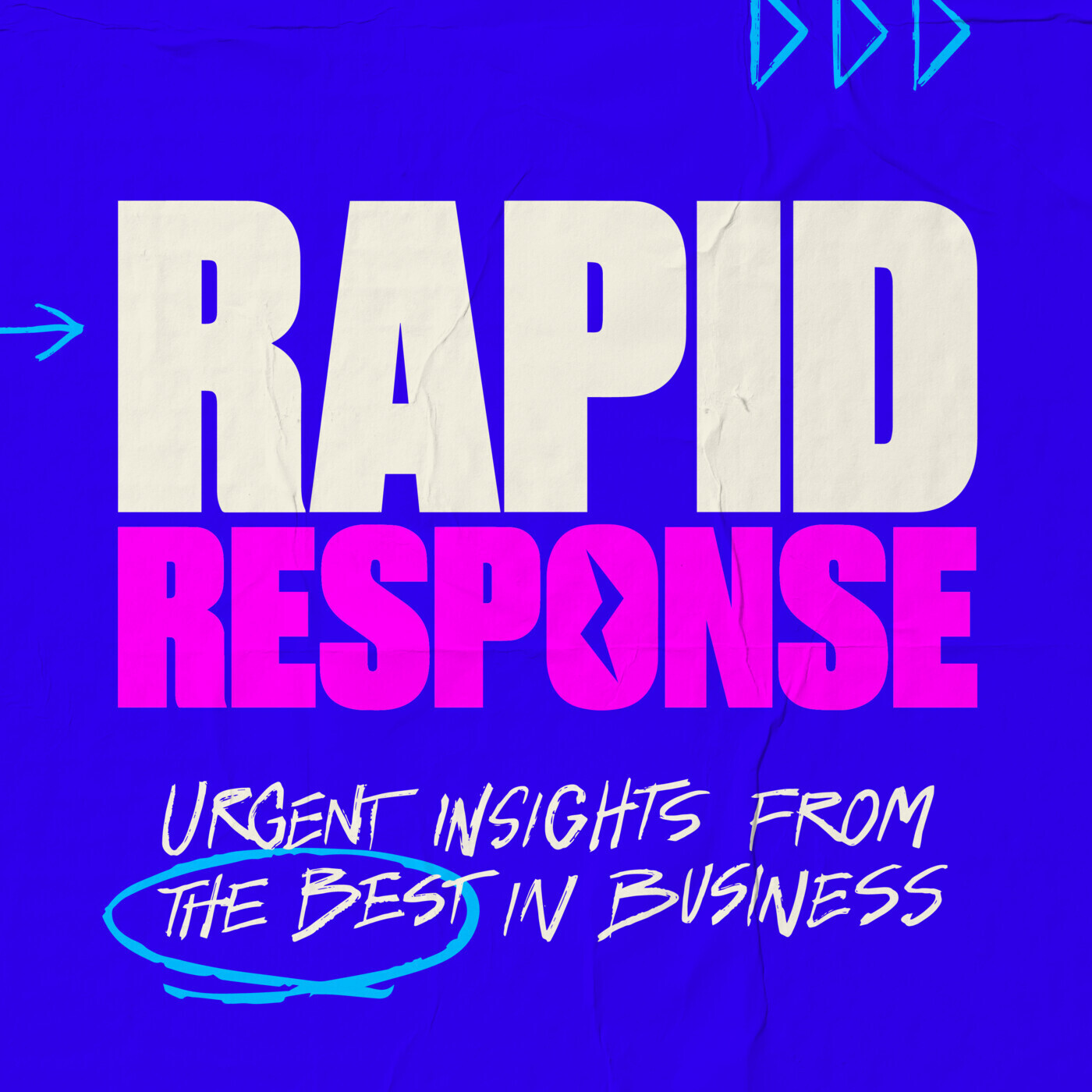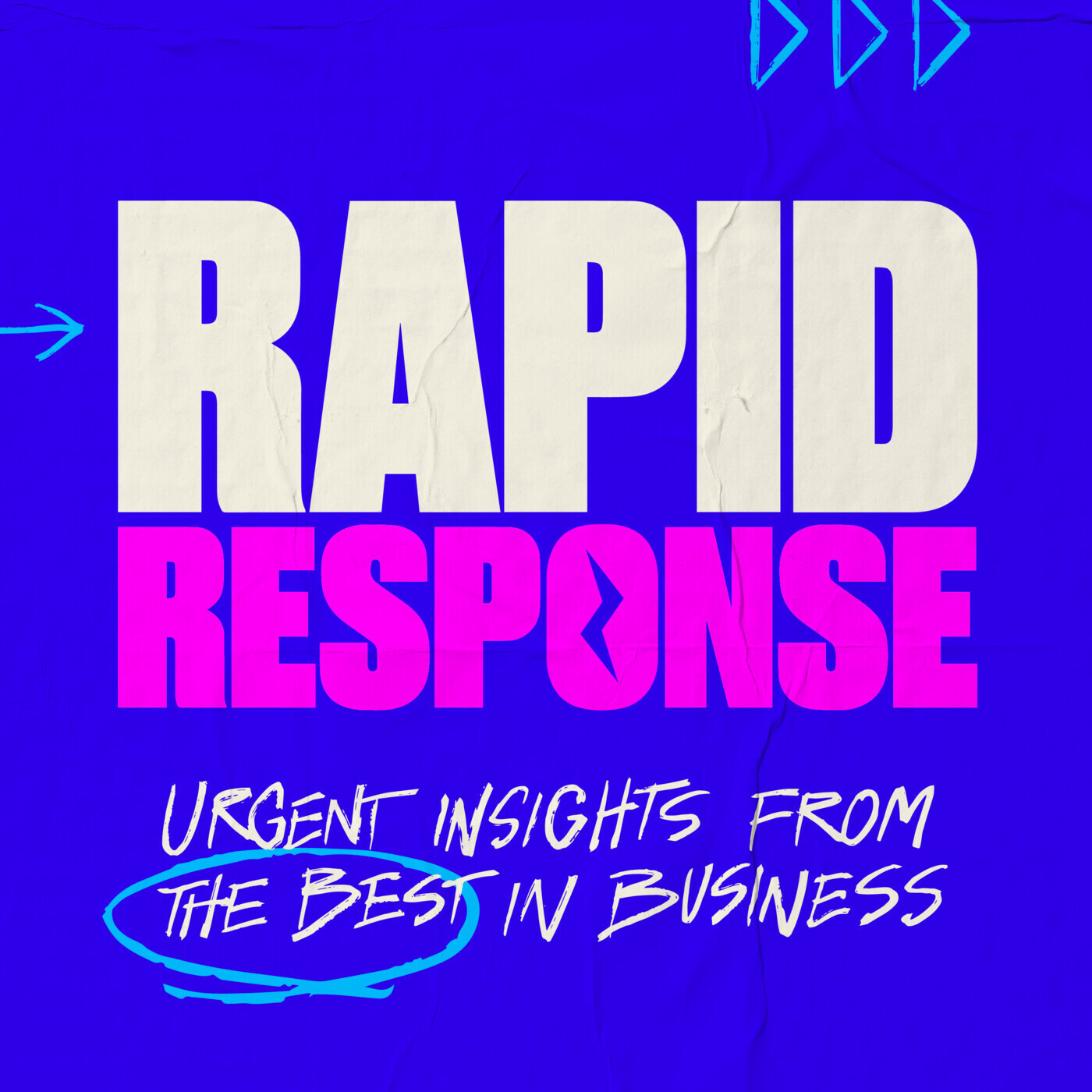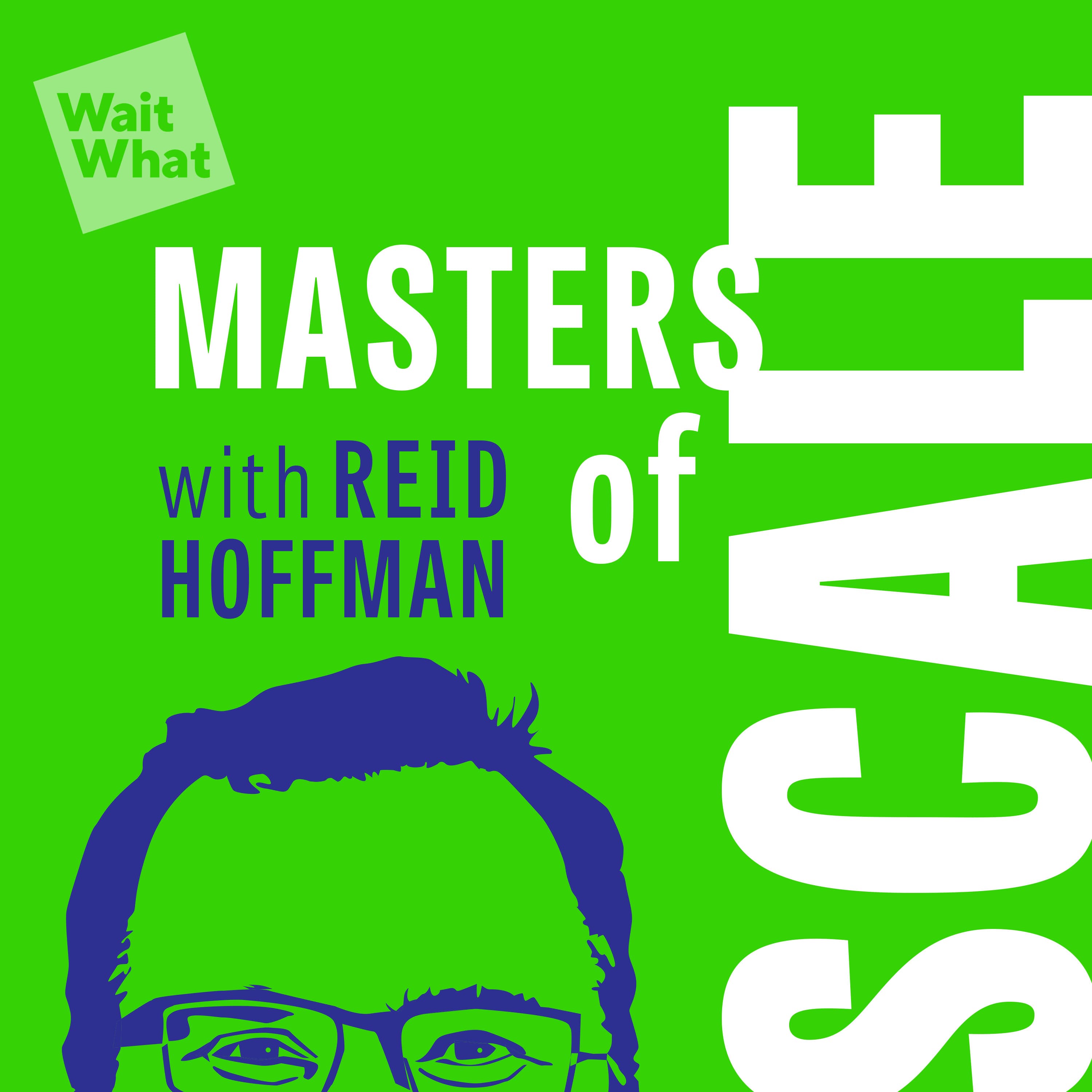
February 7, 2025 • 1hr 1min
Pivot: Reid Hoffman joins Kara Swisher and Scott Galloway to go deep on AI news
Masters of Scale

Key Takeaways
- AI Investment & Development: Reid Hoffman believes significant investment in AI is warranted despite high costs, as the long-term benefits will be transformative across multiple sectors
- DeepSeek Impact: The emergence of DeepSeek demonstrates serious AI competition from China, though questions remain about its development costs and potential use of existing large models
- Super Agency Vision: Hoffman envisions an AI future with multiple specialized agents serving different purposes rather than one dominant system
- Political Climate: Growing concerns about potential retribution against tech leaders and political opponents in a possible second Trump term
- Tech Leadership: Discussion of how tech leaders like Mark Zuckerberg are handling political pressure through settlements and policy changes
Introduction
This special episode of Pivot features Reid Hoffman, co-founder of LinkedIn and author of "Superagency: What Could Possibly Go Right with Our AI Future?" in conversation with hosts Kara Swisher and Scott Galloway. They discuss recent developments in AI, particularly DeepSeek, along with broader tech industry and political topics including Meta's Trump settlement and changes in federal workforce policy.
Topics Discussed
DeepSeek and AI Competition (10:55)
- Market Impact: DeepSeek's emergence caused market volatility due to claims of lower development costs
- Technical Analysis: Hoffman suggests DeepSeek likely had access to larger models to train their system
- Competition Landscape: Demonstrates serious AI development capability from China
- Hoffman believes the future will see multiple specialized AI agents rather than one dominant system
AI Investment Strategy (14:24)
- Large investments ($50-80B) in AI infrastructure are justified given long-term potential
- Hoffman advocates for viewing AI development as strategic infrastructure investment
- Emphasis on developing "American intelligence" not just artificial intelligence
- Market may be undervaluing long-term benefits due to focus on short-term costs
Meta's Trump Settlement (22:57)
- Meta agreed to pay $25M settlement to Trump's presidential library
- Settlement viewed as potentially setting concerning precedent
- Discussion of broader implications for media and tech companies facing political pressure
- Concerns about chilling effect on criticism and content moderation
Federal Workforce Policy (34:07)
- Trump administration offering buyouts to federal employees
- Plan modeled after Elon Musk's Twitter strategy
- Concerns about:
- Loss of talented employees
- Selection effects favoring less qualified staff retention
- Implementation challenges in public sector
Payment Systems and Innovation (41:10)
- Discussion of X (Twitter) partnership with Visa
- Analysis of current payment landscape dominated by established players
- Concerns about trust and security in new payment platforms
- Innovation opportunities in blockchain and digital payments
RFK Jr. HHS Nomination (46:37)
- Strong criticism of Kennedy's anti-vaccine positions
- Concerns about potential public health impact
- "The unfortunate prediction for RFK's probable confirmation is it will probably be measured in thousands of American lives lost" - Reid Hoffman
- Discussion of tech industry support for Kennedy despite scientific concerns
Future of AI Agents (57:14)
- Hoffman predicts AI agents will evolve to support mental health
- Market dynamics expected to favor high-EQ, supportive AI interactions
- Concerns about potential misuse and need for safeguards
- Discussion of regulatory and ethical considerations
Conclusion
The conversation highlighted both optimism and concerns about AI development, particularly regarding competition with China and responsible deployment. Political challenges facing the tech industry were examined through multiple lenses, from Meta's Trump settlement to federal workforce policies. Hoffman maintained his optimistic outlook while acknowledging serious risks and challenges ahead, particularly in areas like public health and AI safety.
